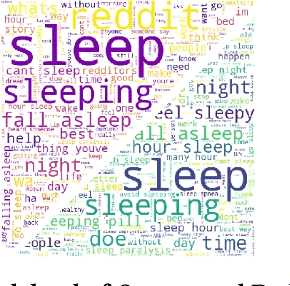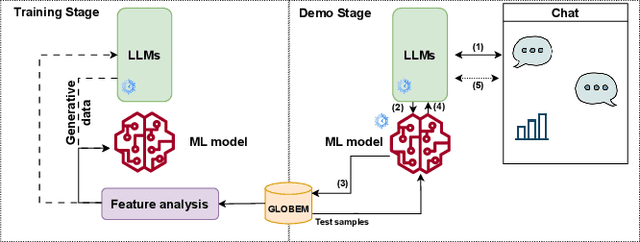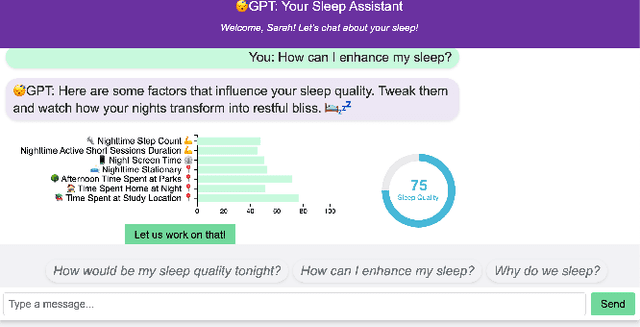ZzzGPT: An Interactive GPT Approach to Enhance Sleep Quality
Paper and Code
Oct 24, 2023



In today's world, sleep quality is pivotal for overall well-being. While wearable sensors offer real-time monitoring, they often lack actionable insights, leading to user abandonment. This paper delves into the role of technology in understanding sleep patterns. We introduce a two-stage framework, utilizing Large Language Models (LLMs), aiming to provide accurate sleep predictions with actionable feedback. Leveraging the GLOBEM dataset and synthetic data from LLMs, we highlight enhanced results with models like XGBoost. Our approach merges advanced machine learning with user-centric design, blending scientific accuracy with practicality.
 Add to Chrome
Add to Chrome Add to Firefox
Add to Firefox Add to Edge
Add to Edge